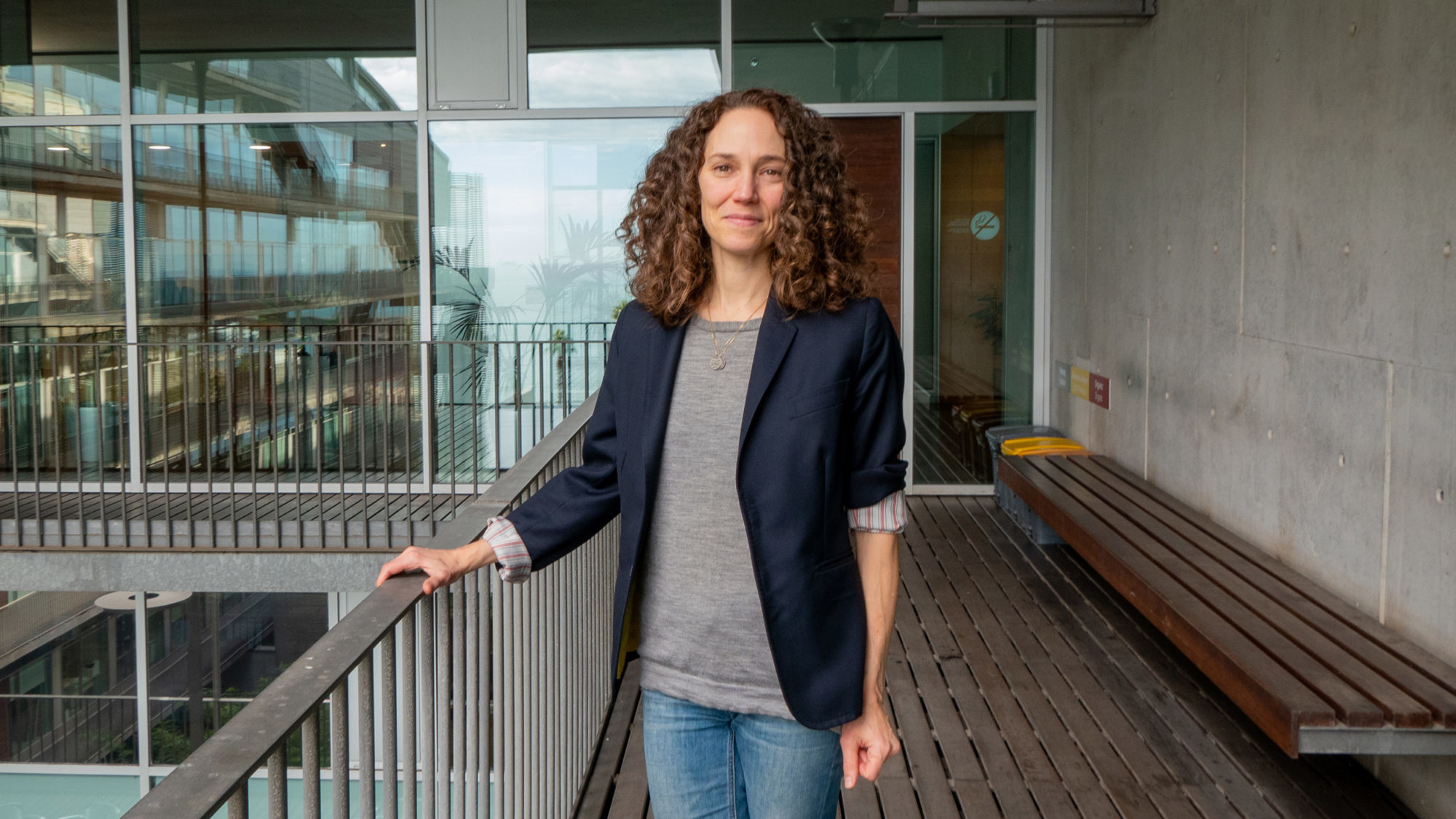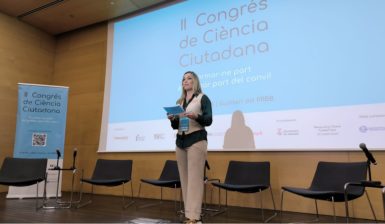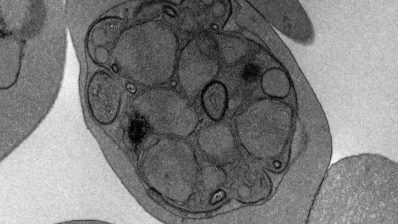Last October, The Lancet Countdown in Europe, which is coordinated by the Barcelona Supercomputing Center – Centro Nacional de Supercomputación (BSC-CNS) and co-led by the Barcelona Institute for Global Health (ISGlobal), launched the first annual report on the health impact of climate change. Although measures are being taken to mitigate the impact of climate change and its effect on human lives, we are far from reaching the targets set for 2050. And Europe needs a much stronger response to save millions of lives. We spoke with Cathryn Tonne from ISGlobal to learn about the report and the impacts of climate change on human health.
What is the European Lancet Countdown report?
The Lancet Countdown global reports aim to track progress towards mitigation and adaptation of climate change. They have been running for several years now and a report is released every year that engages scientists, health professionals and policymakers focusing the attention on climate change from a health point of view.
Initially it all started with just the global Lancet Countdown report, but then they wanted to focus on different regions, developing the Australian, the Chinese, Latin American, Small Islands States and African reports too. This year it’s the first time that the European report is published.
The European report analyses regional indicators that are reviewed every year. In Europe the indicators get fed by the big infrastructures and programs such as Eurostat or Copernicus that have been collecting data for many years, and so they can provide information at a subnational level and are very useful.
Following the structure of the global report, in Europe there is a great multidisciplinary team that has five working groups that discuss and contribute to the generation of the indicators:
- Health impacts of climate change
- Adaptation and health
- Health co-benefits of climate change mitigation (the group I lead, and which looks at the benefits not only for the planet, but directly for our health, of taking measures to mitigate climate change)
- Economics and finance
- Policy and engagement
Why is it important to have a multidisciplinary approach on climate change health impacts?
I would say climate change and health have many dimensions to them so they need different disciplines to cover it. Therefore, the collaboration between 44 members from 29 different European institutions in the Lancet Countdown Europe is essential to see what these different disciplines bring to the table. Together, we not only keep generating more evidence about the health effects of climate change, but we also learn about the co-benefits of mitigation when putting health at the centre of it. In this way, we can assess the problem from different governmental levels as well as in terms of public opinion and institutional health.
For example, working group five is about political science, an important part of the story that I do not normally work with as I am an environmental epidemiologist. Personally, for me it has been beneficial to work with them: I have been able to generate more evidence while I have learnt how that evidence is used in decision-making processes.
The Mediterranean region is a real climate change hotspot.
And what is the situation for the South of Europe and Spain?
The Mediterranean region is a real climate change hotspot and this comes out when you analyse the different subregions of Europe. The impacts in terms of drought are very strong and it is warming much faster than the European and global average rate. The climate suitability for infectious diseases is also very high in the Mediterranean regions, so mitigation is essential if we want to ease the health impact in Mediterranean citizens.
One could say we are currently in a moment with not so great things for the Mediterranean region or Southern Europe, but there are good examples that point in the right direction. For example in Spain we have seen an impressive progress in terms of the coal phase-down and electricity generation in the last few decades. But even though the circumstances are getting more challenging given the Russian-Ukraine war-related energy situation, overall Europe needs to do more.
How much time do we have to alleviate these effects?
We are in a real emergency. Full stop. Climate change is here, and it is affecting the health of millions of lives right now. This summer has been the hottest on the record for Europe and the heat related mortality has been huge.
I know many studies based on projections, and I feel it gives people this message of small significance, like if we were saying, “we still don’t need to worry about it, it won’t happen until 2030, 2050 or some other time in the future”. However, this report says: look at the change over the last decades, it is an alarming crisis and we are nowhere close to where we need to be in terms of mitigation.
We are on the edge of reaching points of no return, and the window to take actions and adapt to climate change is shrinking. I think the point here is the sense of urgency: now is the moment, delayed action in mitigation is less effective and more expensive, and it might not be possible. It is the best public health political opportunity of the century and Europe cannot miss this change.
It is not only about lowering greenhouse gas emissions, is also about improving citizens health. And the window of opportunity to take action is shrinking.
What kind of actions can we take?
We should start by putting health at the centre and go down a mitigation pathway focusing on improving population health. For example, to ameliorate air pollution, we have to transition away from fossil fuels. One way to do this is by replacing motor vehicles with electric ones, although in order to cut emissions, this energy has to come from a clean source. However, we have to go further; encouraging people to use active transport such as riding a bicycle or walking will also provide them health benefits.
The same goes for transitioning to a more plant base diet. This change would not only lower greenhouse emissions (from animals, factories, transport, etc.), but people would benefit from the health benefits of a lower red meat and dairy diet.
We have to highlight these benefits in the decarbonisation strategies because it is not only about lowering greenhouse gas emissions, it is also about improving citizens health.
Nothing of this is going to be easy but I think that what really pushes change is public opinion and public demand for change. It is critical that individuals make noise and vote, because the more public opinion on climate change politicians can see, the more action will take place.
Mitigation actions on climate change have to be much more ambitious to protect future generations, and they should focus on the benefits for the planet and for our health.
What should governments do?
We need change at all levels, but some things have to come from a governance point of view, like the European climate law or the decision to phase-out coal. In addition, all of the decisions have to be based on protecting the future and the following generations: it cannot wait. However, that also means actions have to be much more ambitious. Which, right now, is complicated because of the energy crisis and the short-term economic issues that end driving politics.
Another difficulty is that this should be a global governance challenge, but sometimes it feels like the national interests come first, making it difficult to take action. Nevertheless, I think Europe is leading and can lead this movement if we put as much ambition as needed. Knowing the problematics at our region, will allow us to have specific and national targets and design plans to improve the resilience to climate change in Europe.
Thank you so much for talking with us, Cathryn!







